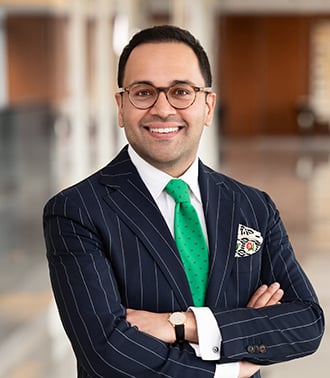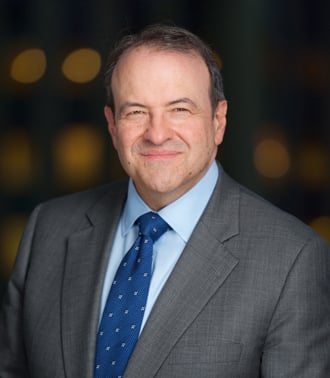“False Claims Act Working Group” Signals Aggressive FCA Enforcement in Health Care and Life Sciences
Further demonstrating its interest in ramping up anti-fraud enforcement in the health care and life sciences industries, on July 2, 2025, the U.S. Department of Justice (DOJ) and the U.S. Department of Health and Human Services (HHS) announced the formation of a “False Claims Act Working Group” (FCA Working Group). The FCA Working Group includes the HHS Office of General Counsel, the Centers for Medicare & Medicaid Services (CMS) Center for Program Integrity, the Office of Counsel to the HHS Office of Inspector General (HHS-OIG), and DOJ’s Civil Division, with representatives from U.S. Attorneys’ Offices. This initiative aims to strengthen collaboration among these agencies to identify and combat health care fraud in priority areas, and possibly at an earlier stage, including through the use of data mining and HHS-OIG reports and analyses.
Through the FCA Working Group, HHS will refer to DOJ potential violations of the FCA in priority areas of enforcement, including:
- Medicare Advantage
- Drug, device, or biologics pricing, including arrangements for discounts, rebates, service fees, and formulary placement and price reporting
- Barriers to patient access to care, such as violations of network adequacy requirements
- Kickbacks related to drugs, medical devices, durable medical equipment, and other products paid for by federal health care programs
- Materially defective medical devices that impact patient safety
- Manipulation of Electronic Health Records systems to drive inappropriate utilization of Medicare-covered products and services
In her remarks during a recent American Health Law Association panel, Deputy Assistant Attorney General of the DOJ Commercial Litigation Branch Brenna Jenny — who will jointly lead the FCA Working Group — reportedly stated that these enforcement areas “include some longstanding areas that will surprise no one, such as Medicare Advantage and kickbacks,” but also other areas of fraud that “might have gone overlooked to date.” Jenny headed a similar working group formed during the first Trump administration.
The announcement also states that the FCA Working Group will discuss considerations bearing on whether HHS should implement a payment suspension pursuant to 42 C.F.R. § 405.370 et seq., which gives HHS authority to suspend payments to providers or suppliers if CMS or one of its contractors has “reliable information” that an overpayment exists or there is a “credible allegation of fraud.”
Finally, in a positive sign for potential FCA defendants concerned about meritless qui tam cases instigated by the FCA Working Group announcement, the FCA Working Group will “discuss considerations bearing on whether DOJ shall move to dismiss a qui tam complaint under 31 U.S.C. § 3730(c)(2)(A).” Although the Supreme Court affords DOJ broad discretion to seek dismissal of qui tam lawsuits under 31 U.S.C. § 3730(c)(2)(A), the government has only sought such dismissals in a fairly limited number of cases to date.
The announcement of the FCA Working Group is significant for a few reasons. First, the FCA Working Group’s focus on data and HHS-OIG reports suggests that DOJ may initiate more FCA investigations and lawsuits on its own. Government-initiated cases may become more significant aspects of the health care enforcement landscape because, although qui tam cases currently drive the vast majority of FCA cases, questions about the constitutionality of the FCA’s qui tam provisions continue to grow. Second, due to the increased scrutiny and enforcement being driven by data, health care and life sciences companies should monitor their data for patterns or outliers. They must also remain diligent in monitoring for potential violations of policy and law and upgrading compliance policies and procedures regularly. They should also consider whether self-disclosure of any issues they identify is appropriate, given the administration’s emphasis on self-disclosure. We will continue to monitor the FCA Working Group’s activity and keep Qui Notes readers informed as the group’s work takes shape.
© Arnold & Porter Kaye Scholer LLP 2025 All Rights Reserved. This Blog post is intended to be a general summary of the law and does not constitute legal advice. You should consult with counsel to determine applicable legal requirements in a specific fact situation.



